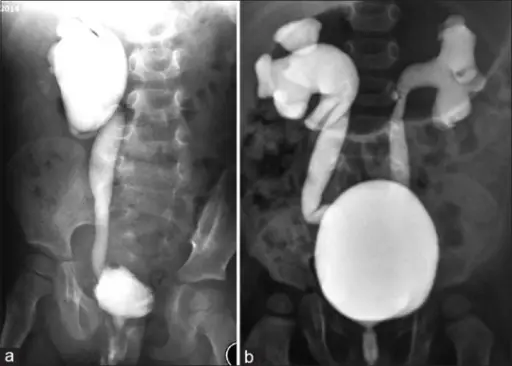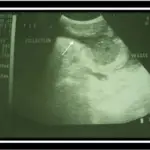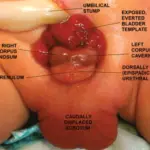Vesicoureteral reflux, also known as vesicoureteric reflux, is a condition in which flows retrograde, or backward, from the bladder into one or both ureters and then to the renal calyx or kidneys.
What is the Pathology of Vesicoureteral Reflux?
The pathology of vesicoureteral reflux is:
-Etiology: The etiology of vesicoureteral reflux is the failure of the bladder to empty properly.
-Genes involved: PAX2 (10q24. 31).
-Pathogenesis: The sequence of events that lead to vesicoureteral reflux includes the congenital anomalous development of the ureterovesical junction. Reflux of urine from the bladder into the ureter may cause bacterial infection of the upper urinary tract; about 30 to 40% of infants and toddlers with urinary tract infections have VUR.
-Morphology: The morphology associated with vesicoureteral reflux shows congenital pouches, openings, or abnormal connections.
-Histology: The histology associated with vesicoureteral reflux shows the smooth muscle.
How does Vesicoureteral Reflux Present?
Patients with vesicoureteral reflux typically affect males more than females at birth after one year of age, females have five to six times more prevalence of vesicoureteral reflux as compared to males. Most children with vesicoureteral reflux are asymptomatic.
How is Vesicoureteral Reflux Diagnosed?
Vesicoureteral reflux is diagnosed by cystography, fluoroscopic voiding cystourethrogram (VCUG), ultrasound, and technetium-99m dimercaptosuccinic acid (DMSA) scintigraphy.
How is Vesicoureteral Reflux Treated?
Vesicoureteral reflux is treated with antibiotics, bowel and bladder management.
What is the Prognosis of Vesicoureteral Reflux?
The prognosis of vesicoureteral reflux is good with a 95% success rate.



